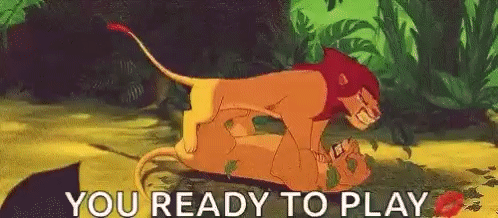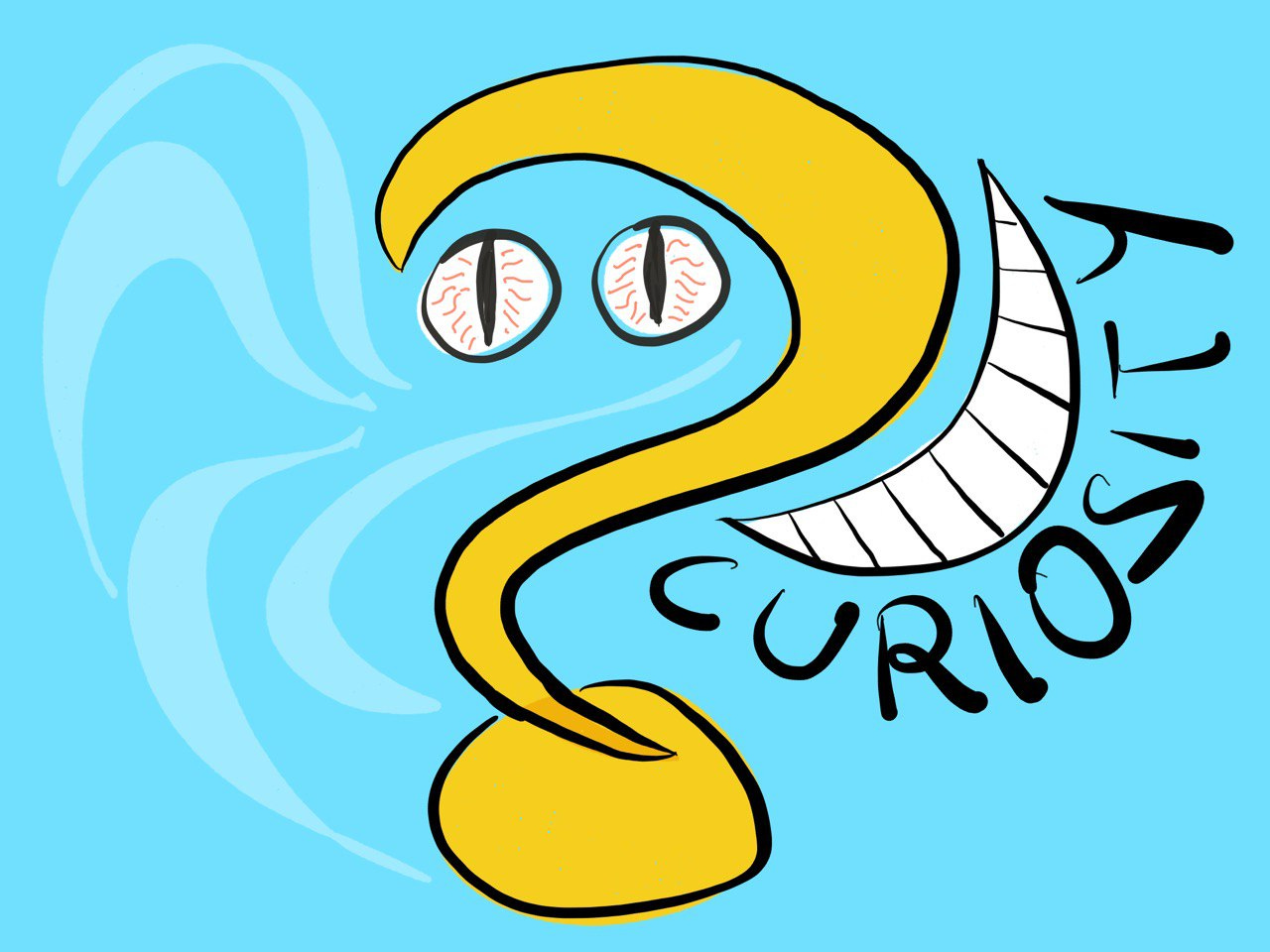Have I been playing truant? When I started this daily newsletter, I had committed to writing daily.
But, I often delay publishing using the excuse of time zones. Sometimes I’m self-derogatory and think 'It's all good, my readers are probably relieved to not hear from me'.
Regardless of what I think, I cut myself the slack to fail. Why? Because in my head, I'm just a 10-year-old who's writing letters to his imaginary friends. If you contest your existence, let's see you hit reply!
Back to serious matters now. Today I'm talking about learning through play. Nothing gets me more serious.
Since Covid-19 struck, I've been experimenting with a group of adults (aged between 25-40) on overcoming the crisis through the medium of play. It's been a unique opportunity thanks to the global crisis and economic pandemonium in its wake.
The lessons derived from that experiment in crisis management have been particularly useful in the field of learning, for all learning is stress-tested only in crisis.
This morning, a young man Emmanuel Quartey told me that my thoughts that 'work and learning should be more like play' resonated with him. Another wonderful twitter conversation with Charlie reminded me of the trauma associated with learning. Growing up, we're taught learning is meant to be painful (fear) and that rewards (greed) await us on the other side.
Learning should be playful not painful
And this paradigm shift is not difficult to achieve. If it were, it would not be playful, would it? It’s not just possible, it’s simple.
To make it happen, we need to understand what drives us. In life and in learning, the primary motivators (both sides of the same coin) are fear and desire.
Education systems and institutions are geared towards using fear as the primary motivator. Isn't school the first environment to ferment FOMO?
By training to answer the questions, you're failing to question the answers.
This describes the failure of the education system to nurture the inherent curiosity in the child. The curiosity which kindles the desire for knowledge and wisdom. Instead fear takes its place. Now, fear is an excellent motivator and fuel to drive the quest for excellence, no doubt.
Fear drives the deer to outrun the fastest lion to survive. Likewise, the lion strives to outrun the slowest deer to survive.
That fact may reinforce your belief that fear-based learning can't be that bad if it works. But what's vital to note here, is that these very animals learned their skills via play! Lion cubs are taught to hunt by their mother through playful practice and game-like experience.
That game eventually becomes real when matched with the fear of hunger. The fear of starvation. Which brings me to the fear we use as part of our education system.
Fear of being stupid, being last in class, social ridicule, failing a year, losing friends, parental pressure, not getting into college, not getting a job, not getting a partner.
Are these fears as real as starvation? In the wild, learning is not outsourced to other animals. The intrinsic bond between mother and child becomes that of teacher and student. And even then, the playbook for hunting is not just passed on but is individually and collectively explored by the young cubs as they play hunt on their own.


To learn through play, I think we need all three factors:
playground (not school)
playmates (not classmates)
playbook (experiments not syllabus)
My friend Taylor Barada voiced concerns on the playbook aspect. He's absolutely right! It violates the narrative we've been taught - that we need to be taught!
I did mention above that the lioness teaches the cubs to hunt. But even orphaned cubs learn to hunt, through instinct and exploration. The playbook is discovered rather than indoctrinated.
Hunger is the best sauce in the world. Don Quixote
As humans, we place great emphasis on education via information rather than insight. That which is imparted rather than that which is imagined. Some of the best inventions and discoveries in modern times have been accidental or incidental. What science calls research is nothing but play. The playbook for science is best discovered through exploration of inherent curiosity and need.
I believe we ought to challenge our children to write their own playbooks. It may be a greater success to fail and learn the extent of one's ignorance than to follow what was writ without exploration.
A child is born curious. Hungry for knowledge. But our high caloric diet of infinite information is killing this hunger.
Now there are plenty of resources that will help you understand some of the points I’m making, but you’ll never find me linking information here. Insights are scarce in an increasingly data-driven world, so that’s what you’ll find here. I'm very curious to know how you will apply this trinity of play to your life, to your learning adventures, to your child's own journey into adulthood. Share your quixotic adventures. I’m ravenously hungry to hear from you.
Answers may entertain but questions enlighten 💡




Profound, insightful yet quirky. Loved the read , especially the parts where you spoke about the fears. I realise how much fear has been pumped into me by the society!